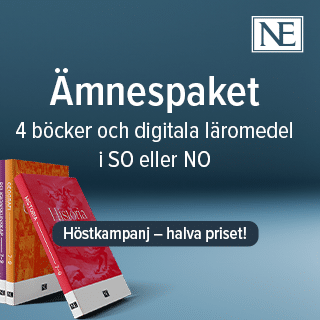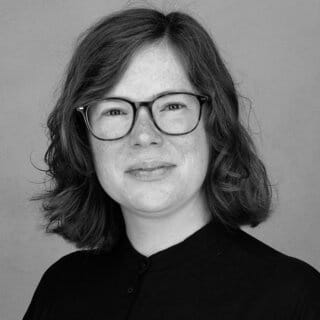”Jag var ju aldrig riktigt elak”
The aim of this article is to discuss the implications of using theories related to moral progression as tools for conquering problems of oppression. Inspired by the story of a sixteen year old young woman (Amanda), I pose two questions: How is education to conceive of the tensions between ideals of goodness and the reality of oppressive structures that exist in the midst of – or rather are entangled with – the desire to do good? Moreover, I ask what the limitations of moral progression might be, when placed besides the ambition to counteract the existence of oppression. Using the writings by Iris Marion Young a link is established between social structures of oppression and peoples’ everyday actions toward others, conscious or unconscious as they may be. The discussion emanates from the question of how theories attached to moral progression may shed light on Amanda’s story, where the ideals of how to promote others’ wellbeing are muddled by a seemingly unconscious irritation towards week people resulting in her upholding oppressive structures. Due to the limitation embedded within the frames of moral progression – at least when it comes to the handling of these tensions – I turn to Julia Kristeva and her understanding of the subject-in-process, Ego Ideal and the abject. Kristeva’s argument offers a language within education that makes it possible to discern, understand and hence address discrepancies in human behaviour – behaviours that matter in that they have an impact on the lives of others.
Författare: Silvia Edling
”Jag var ju aldrig riktigt elak”
Utbildning & Demokrati 3/2010

Fritidshem
 Åk F–6
Åk F–6 Matematikångest
 Åk 4–Vux
Åk 4–Vux 







